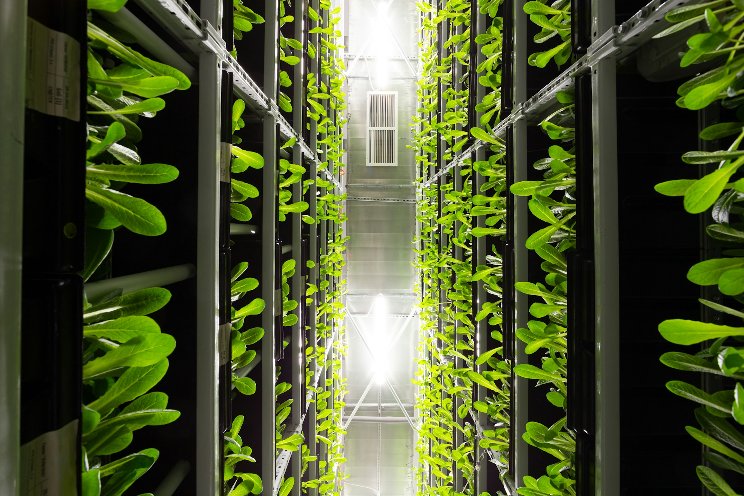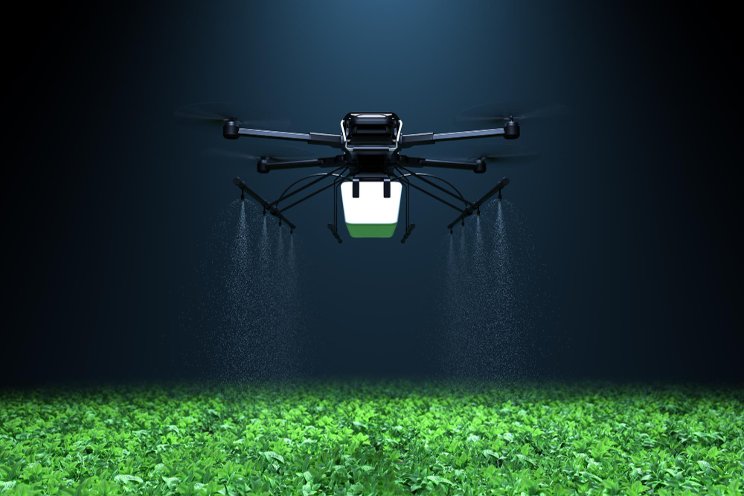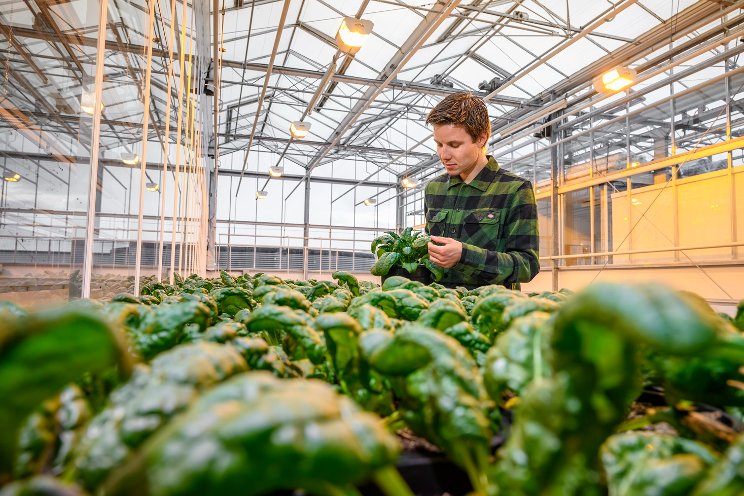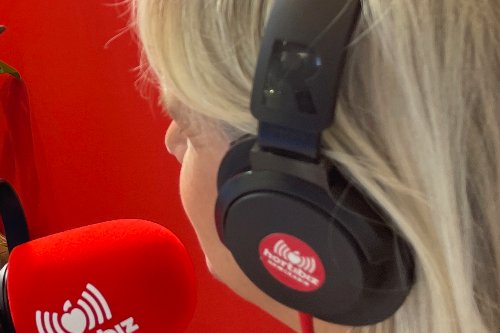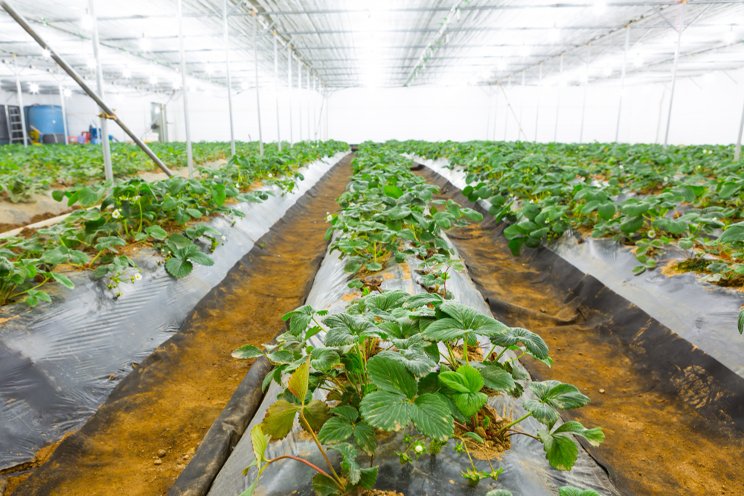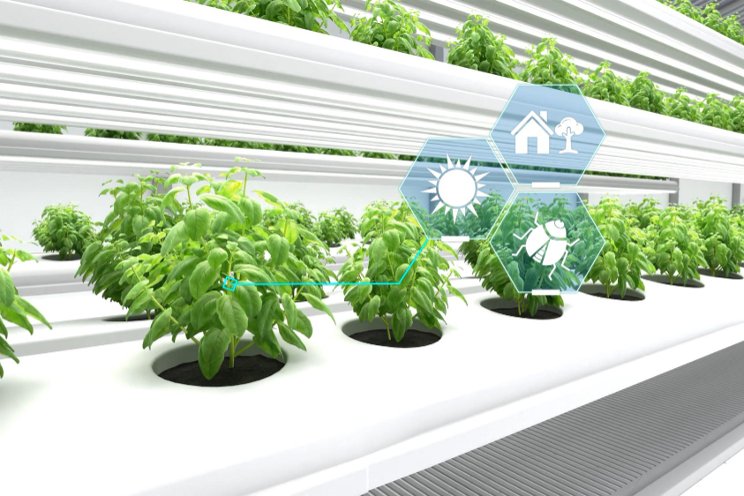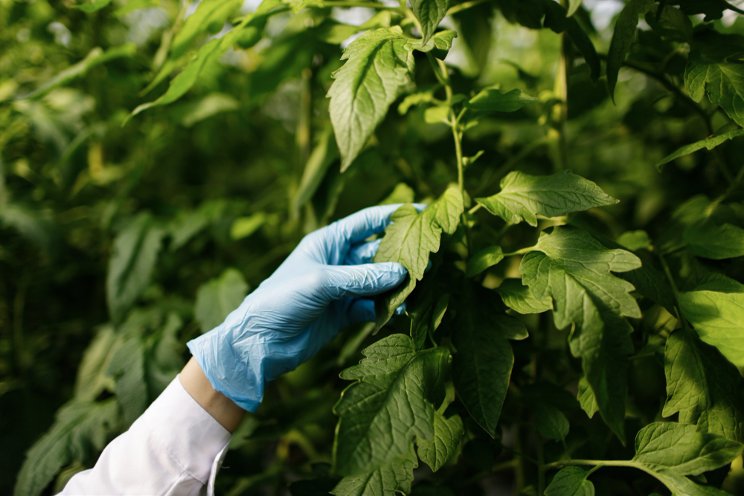Human+Machine: the key to success in the greenhouse
Added on 28 August 2023
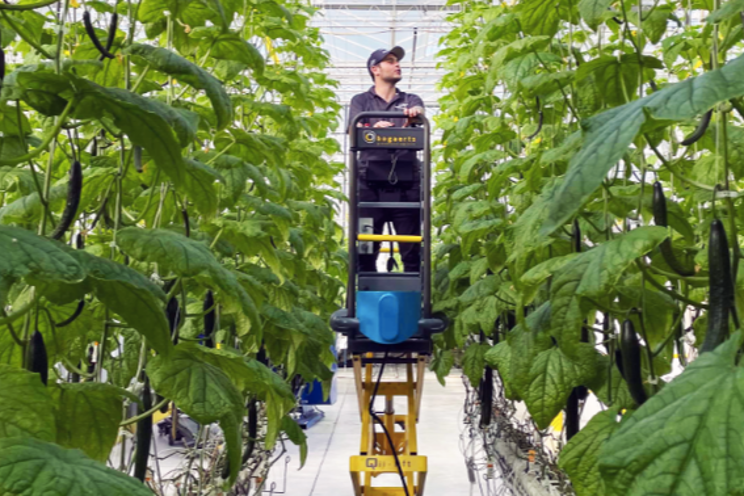
By now everyone has one or two scary stories about ChatGPT and AI and how they can potentially ruin our lives. The Deep Fake, new alternatives to the Nigerian Prince emails and the new wave of cyberbullying to name a few. Yet, the main question is if these tools and algorithms going to take our jobs away. Indeed this new industry is going to create new and different jobs but you can expect a customer service person who is now replaced by a chatbot, overnight to become an AI engineer and software coder.
In our industry, repetitive tasks and mind-numbing efforts will be automated as it has been the case for the past two decades. You barely can find a greenhouse that does not have a sorting machine these days. We used to do this by hand not too long ago. There will also be some tasks that will be done by these algorithms that are considered high cognitive decision making and in some cases, the algorithm might in fact offer a better solution compared to a human "if" the training data that was used to build the algorithm is much larger, much more diverse and far more informative than the knowledge and experience of the human who is going to us it.
Photo: ecoation
More news
